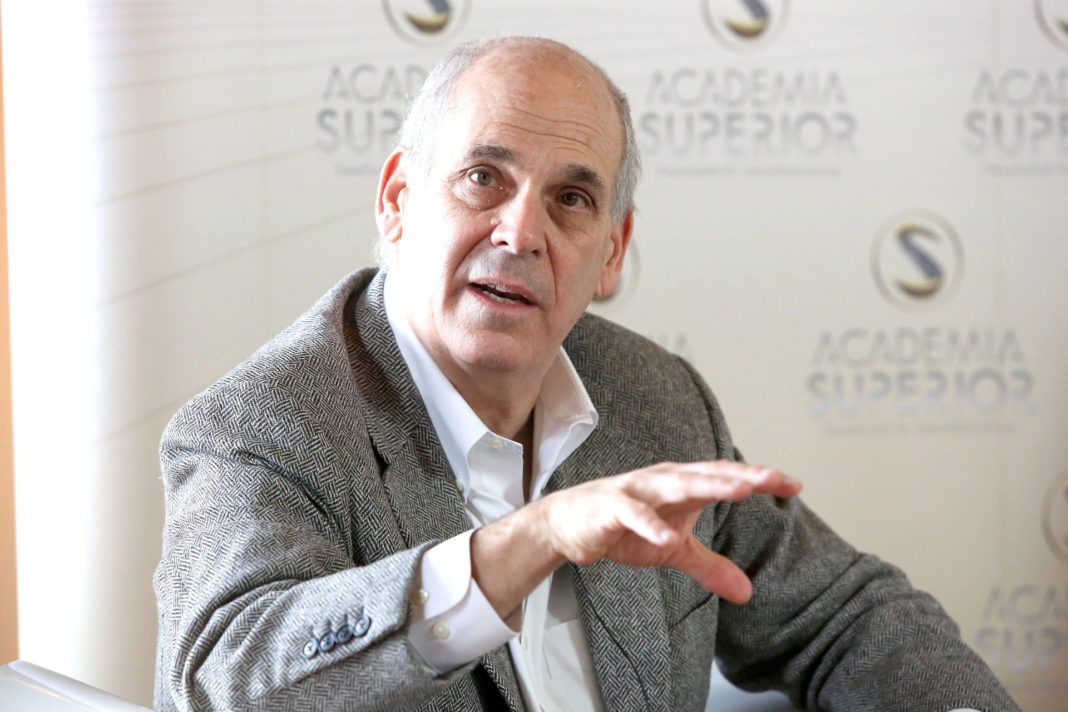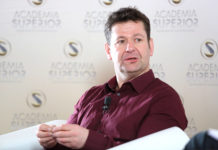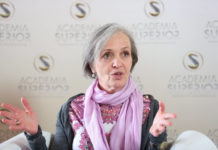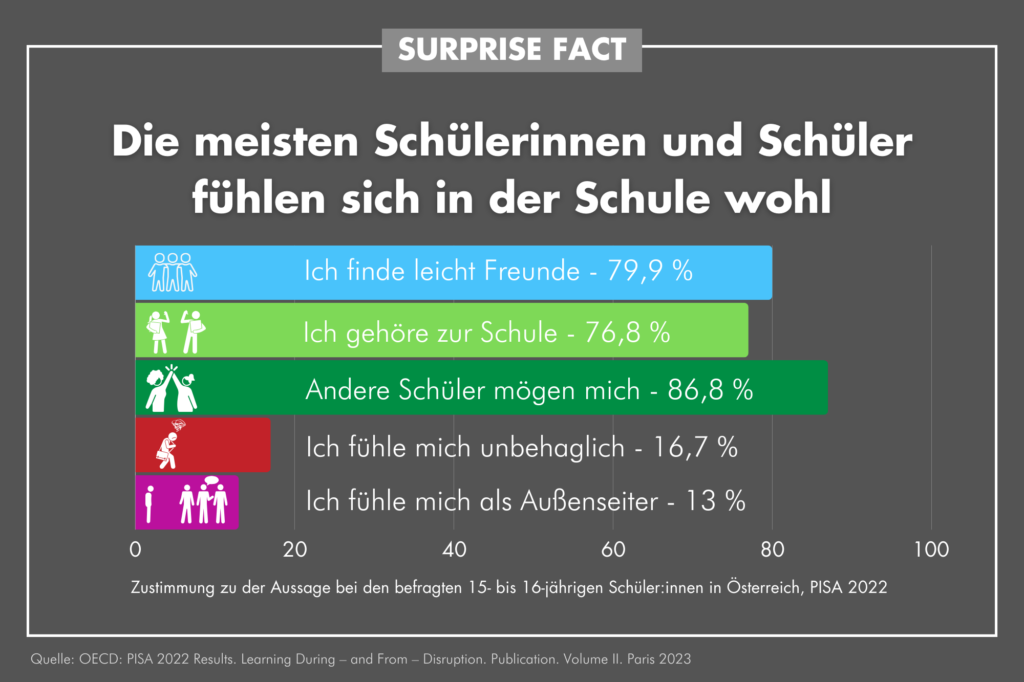Good to Great – Reflections on the Journey
The quest to go from good to great is a challenge that applies to almost every organization and at almost every level. It can be a call that gives an individual a new and more purposeful direction in his or her life. It can rally a team or even a group of teams to improve their game in pursuit of a higher level of performance – and eventually a championship. It can motivate a company to lift its level of operation and achieve more in its business performance. And, of course, it can become a rallying cry for a city, a state, a region or even a country to take what it has already achieved and aspire to more.
For that reason, the theme of “Good to Great” for the annual gathering of Academia Superior proved to be particularly apt. By talking with four experts in sports, science, art and politics who have, in their work and their personal lives, made the journey from good to great, and by including three bright, young, talented students who offer the perspective of a different generation, Upper Austria stands to gain much in the way of practical and inspirational lessons.
Where does the journey from good to great begin? For a young aspiring artist, as well as a young scientist, it begins with being open to new experiences: curiosity is the first component of what it takes, a willingness to learn and to expose oneself to whatever challenges or opportunities life may present. On the journey, what first may appear as a harsh disadvantage can, under the right circumstances and with the right attitude, actually become a source of inspiration, a source of growing self-awareness and a reminder that being different is actually the ultimate competitive advantage.
First steps
From this vantage point, the first step in the journey is actually inward. It requires the individual – or the organization – to be scrupulously honest about himself or herself, to do an unblinkingly candid assessment of strengths and weaknesses, to take stock of what makes him or her unique. Going from good to great actually starts by knowing who you are as an individual. Once you know who you are, you can then set higher goals and more ambitious targets.
If the first step in the journey is to go inward, the second step is to take a comprehensive survey of the external landscape: what does greatness actually look like? Where can you find examples of greatness to learn from, to appreciate, to emulate? In sport, as in life, “good” and “great” are comparative terms: “Good compared to what?” “Great compared to whom?” To assess your own standing, you need to find examples to hold up and learn from, examples that can range from the cleanest garage floor in the world of Formula 1 racing to the most accomplished scientist whose work breaks new medical ground, to artists whose work has stood the test of time.
Honesty, transparency and integrity
Going from good to great also entails honesty, transparency and integrity in your dealings with yourself and with others. No matter the circumstances, no matter the kind of work to be done, invariably the journey will require hard decisions and difficult judgments. And it will always involve serious consequences. For all those reasons, you have to be willing to be honest with yourself and others; you have to make the decision-making process and the bases for the decisions as transparent as possible; and you have to be able to explain the context, as well as the content, of the decision. There are no shortcuts on the journey from good to great.
Data and money
Data also plays a critical role along the way. There are all kinds of data that can help assess the pace and direction of progress. For an athlete or a sports team, it can be speed of running, height of jumping, and, ultimately, number of medals won. For a politician or government official, it can be electoral turnout, number of votes, and, again, ultimately, elections won or lost. For a scientist, data can tell whether an experiment is working, whether a treatment has efficacy, and whether a scientific discovery represents a real, replicable, scientifically based breakthrough. For a community, a city or a state, data will tell you where you stand, how your citizens are faring, whether the economy is growing or stagnating, how your students are doing at school. Good data, reliable data are an invaluable part of any journey from good to great. Without it, you cannot assess where you stand and where you are headed. With it, you can gauge both your current standing and your rate of progress toward your ultimate goal.
Money, of course, plays a role – or rather, several different roles, with different implications. When it comes to certain kinds of activities or projects, money can make available the highest quality equipment, material, and research capabilities. For an athletic team, money can pay for excellent coaching, advanced training conditions, high quality equipment, and other costly expenditures that often spell the difference between winning a competition at the highest levels and being another also-ran. In science, money affords the laboratory facilities, computer technology, and other capabilities that are now absolutely essential to pursue world-class experiments. In politics, whether we like it or not, money plays a very large role: it is a measure of a candidate’s viability and it allows candidates and parties to conduct their campaigns and reach voters. For artists, selling a work of art not only confirms the artist’s own sense that his or her work has found an appreciative audience, it also allows the artist to move live and work on the basis of what he or she creates.
Between contentment and dissatisfaction
At the same time, money can have a perverse effect: It can become an end in itself rather than a means to an end. When that happens, the athlete, the scientist, the politician and the artist no longer use money to further their pursuit of excellence; they pursue money and do whatever is required in order to get more of it.
The border between contentment and discontent is similarly a knife’s edge. It is virtually impossible to take the journey from good to great if you are content with the status quo. A city, state or country that feels that “good enough is good enough” is never going to undertake the hard self-analysis or rigorous improvement effort needed to get to excellence. Without an inner and outer push to go higher, learn more, push farther, an athlete, scientist, politician or artist will simply rest comfortably on his or her laurels, satisfied with what is, rather than seeking what could be.
It’s about the journey
But the ultimate truth of the journey from good to great is that there is never a time when you actually arrive. Good enough is never good enough; winning medals, scientific accolades, election-night victories or successful opening nights are not the end.
In the journey from good to great, there is no end – except for the journey itself. The challenge is the goal; the quest is the purpose. Ultimately, at the end of the journey, the person who is seeking to go from good to great makes the final, all-important discovery – himself or herself. That is the real destination.







